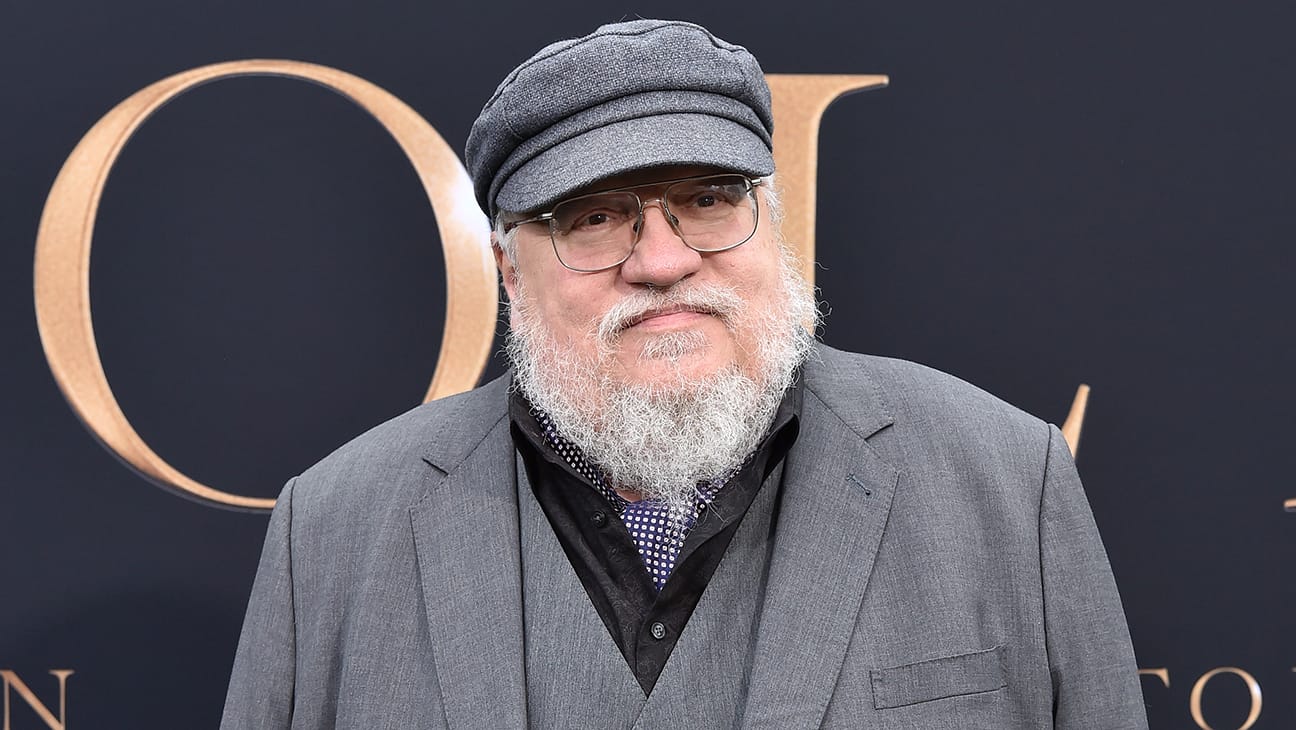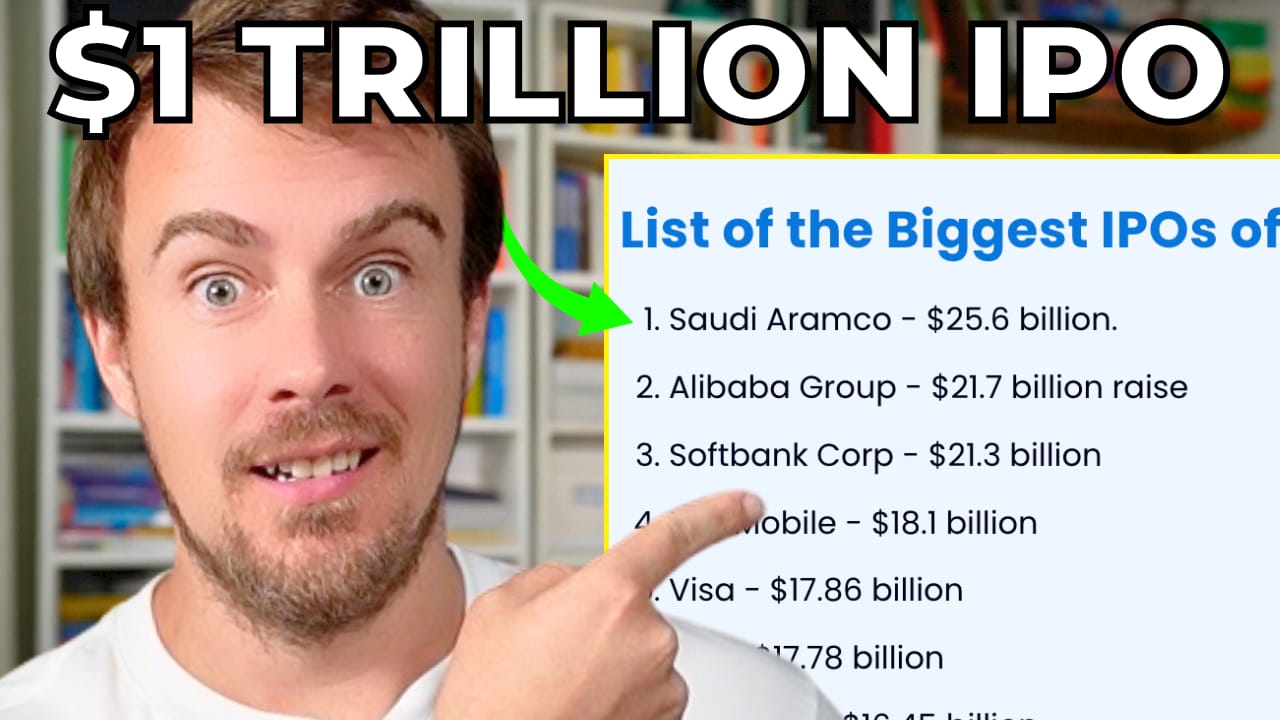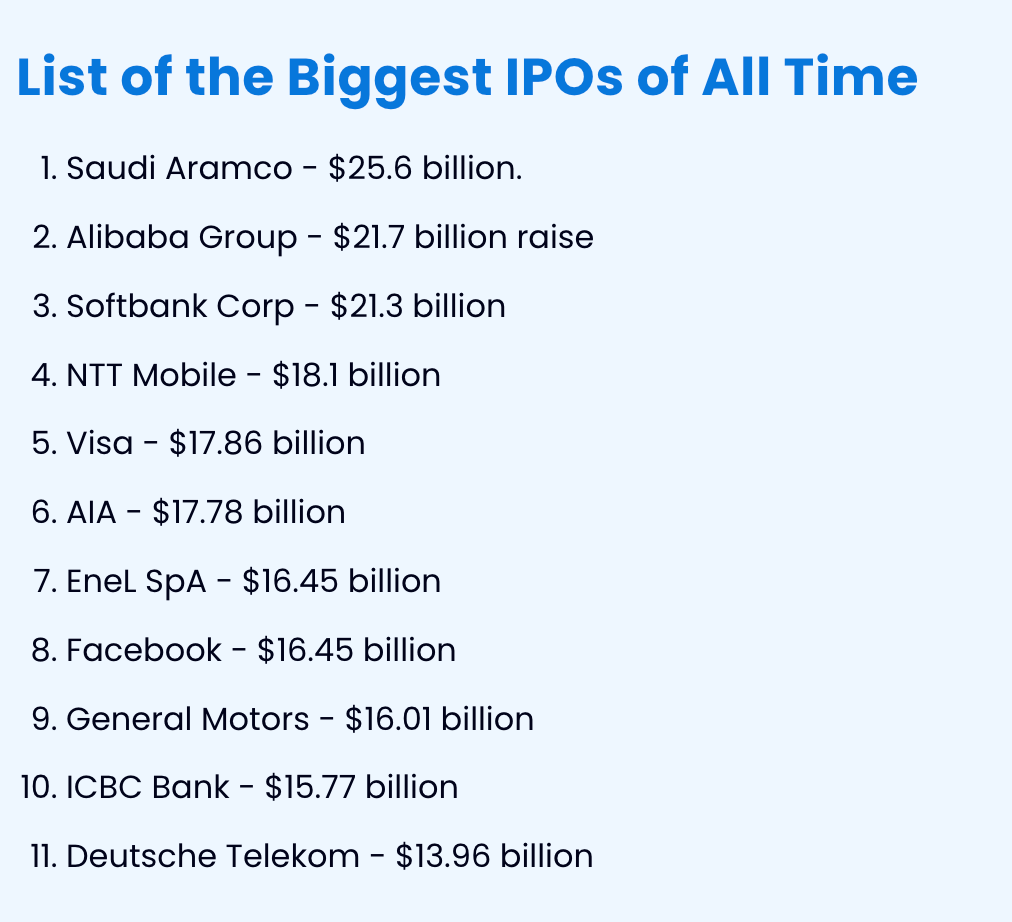- AI with Kyle
- Posts
- AI with Kyle Daily Update 082
AI with Kyle Daily Update 082
Today in AI: George RR Martin sues OpenAI
The skinny on what's happening in AI - straight from the previous live session:
Highlights
💸 OpenAI Eyes $1 Trillion IPO - Largest in History
OpenAI planning IPO (initial public offering) at $1 trillion valuation for late 2026/early 2027, aiming to raise $60 billion minimum. Would be the largest IPO of all time by huge margin. More than 2x the Saudi Aramco IPO.
If you have no idea what an IPO is no worries!
An IPO (Initial Public Offering) is when a private company offers its shares to the public for the first time, allowing investors to buy ownership in the company through a stock exchange. Companies go public mainly to raise capital - Sam needs more cash!
IPOs also early investors or founders a way to liquidate part of their holdings. It’s a big deal for those who got in before the IPO. They’re going to make an awful lot of money. However, going public also means greater scrutiny, regulatory compliance, and pressure to meet quarterly expectations.
Kyle's take: OpenAI just converted to for-profit a few days and now this. They need the cash - Sam Altman says "it's the most likely path given our capital needs." Interestingly Microsoft owns 27% after the restructure (converted from their 49% profit share that never materialised because there were no profits).
This will fuel the bubble narrative. This is an IMMENSE IPO - totally unprecedented.
But remember: financial bubbles and tech bubbles are different. The dot-com bubble didn't kill the internet - Amazon and Google survived. Some companies will collapse but the tech continues.
Source: Reuters
⚖️ George R.R. Martin Leads Copyright Lawsuit Against OpenAI
Judge allows George R.R. Martin's copyright case against OpenAI to proceed after denying motion to dismiss. Martin claims he generated paragraphs/chapters similar to his writing style - including suggesting how the series could end.

Kyle's take: Everyone's making the obvious joke - "Can you use it to finish your book, George?" He's too busy suing to write.
This friction is actually healthy for AI development - it sands off the rough edges. Just like the suicide case(s) tightened GPT-5's guardrails, this will limit discussion of major IPs, character breakdowns, fan fiction.
People take black and white positions - either "AI should be completely unfettered" or "we need tight guardrails." Reality is OpenAI's in the middle, steering between extremes.
This back-and-forth, people yelling and suing each other, is how we work out what we want this tech to look like.
Source: Holywood Reporter
💰 Sora Introduces Paid Generations - Free Tier Getting Cut
Sora launching paid extra generations beyond 100/day for Pro users. Free users' 30/day limit will decrease. Teasing "Sora economy" where rights holders charge for character cameos.
we are launching the ability to buy extra gens in sora today. we are doing this for two main reasons:
first, we have been quite amazed by how much our power users want to use sora, and the economics are currently completely unsustainable. we thought 30 free gens/day would be
— Bill Peebles (@billpeeb)
9:38 PM • Oct 30, 2025
Kyle's take: Classic OpenAI - release with no guardrails, get viral moment, lock it down when Disney knocks then open up paid alternatives!
The head of Sore (Bill Peebles) says that power users are "hammering the servers" - the economics are "completely unsustainable." They thought 30/100 generations/day would be enough - wrong! Video generation is incredibly energy intensive compared to text.
But has interest peaked? My DMs used to be (no exaggeration) thousands asking for codes - that's died off completely. Obviously this is purely anecdotal but I do wonder what the sustained usage figures are.
For those still locked out (non-US/Canada), check my Sora Code Guide at AIwithKyle.com footer.
🔬 Perplexity Patents: AI That Could Kill Patent Law Industry
Perplexity launches Patents - AI-powered patent search making IP intelligence accessible to everyone. No more arcane keyword searches or expensive professional platforms. Horray!
Today we’re launching Perplexity Patents, the world’s first AI patent research agent that makes IP intelligence accessible to everyone.
Read more about Perplexity Patents in our latest blog:
perplexity.ai/hub/blog/intro…
— Perplexity (@perplexity_ai)
12:37 PM • Oct 30, 2025
Kyle's take: This might have just demolished an entire industry. Patent searches are medieval - filing cabinets turned into barely-updated databases. You need precise keywords, obscure syntax, expensive platforms requiring training.
I wasted WEEKS on a trademark recently - it shouldn't be that complicated!
Professional patent services charge massive fees to navigate this archaic system. Now Perplexity lets you search naturally, find if your idea's unique, help with applications.
This is why AI is terrifying for established industries - decades of gatekeeping potentially demolished by one tool. If they add trademarks too (and why wouldn't they?), that's another expensive consultant industry gone.
Source: Perplexity Patents beta launch
Member Question: "What does Microsoft get from OpenAI becoming publicly traded?"
Kyle's response: Microsoft owns 27% of OpenAI's for-profit company after Tuesday's restructure. Previously they had rights to 49% of profits that never materialised because OpenAI wasn't profitable. The old structure was incredibly complicated - profit caps, AGI clauses, potential splits. Now it's simple(r): Microsoft owns 27% equity. When the IPO happens and presumably the stock shoots up, Microsoft participates in that uptick. They're already positioned - they'll do absolutely fine from this. Heck, they even leapt over $4T market cap this week for the first time.
Discussed at [00:11:54]
Want the full unfiltered discussion? Join me tomorrow for the daily AI news live stream where we dig into the stories and you can ask questions directly.
Streaming on YouTube (with screen share) and TikTok (follow and turn on notifications for Live Notification).
AI with Kyle - Tools, Resources and Products: Daily Show | Build an AI Business Challenge | AI Playbooks | 10 Week AI Summer Camp | BATON AI Business Series | AI App Building | AI Trainer Business Planner | What AI Business Should You Start? | AI Authority Accelerator | AI Automation Accelerator | 🏁 AI Workshop Kit

